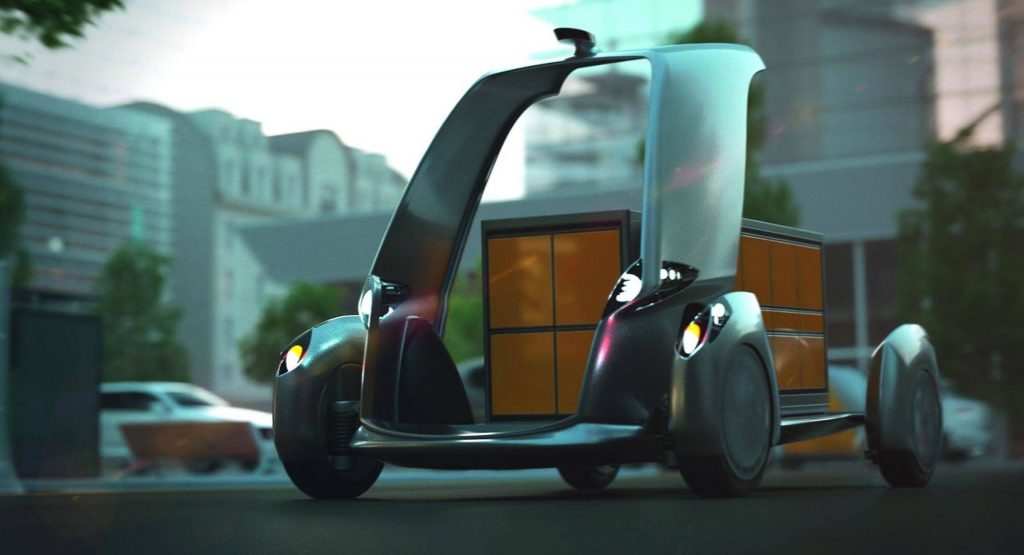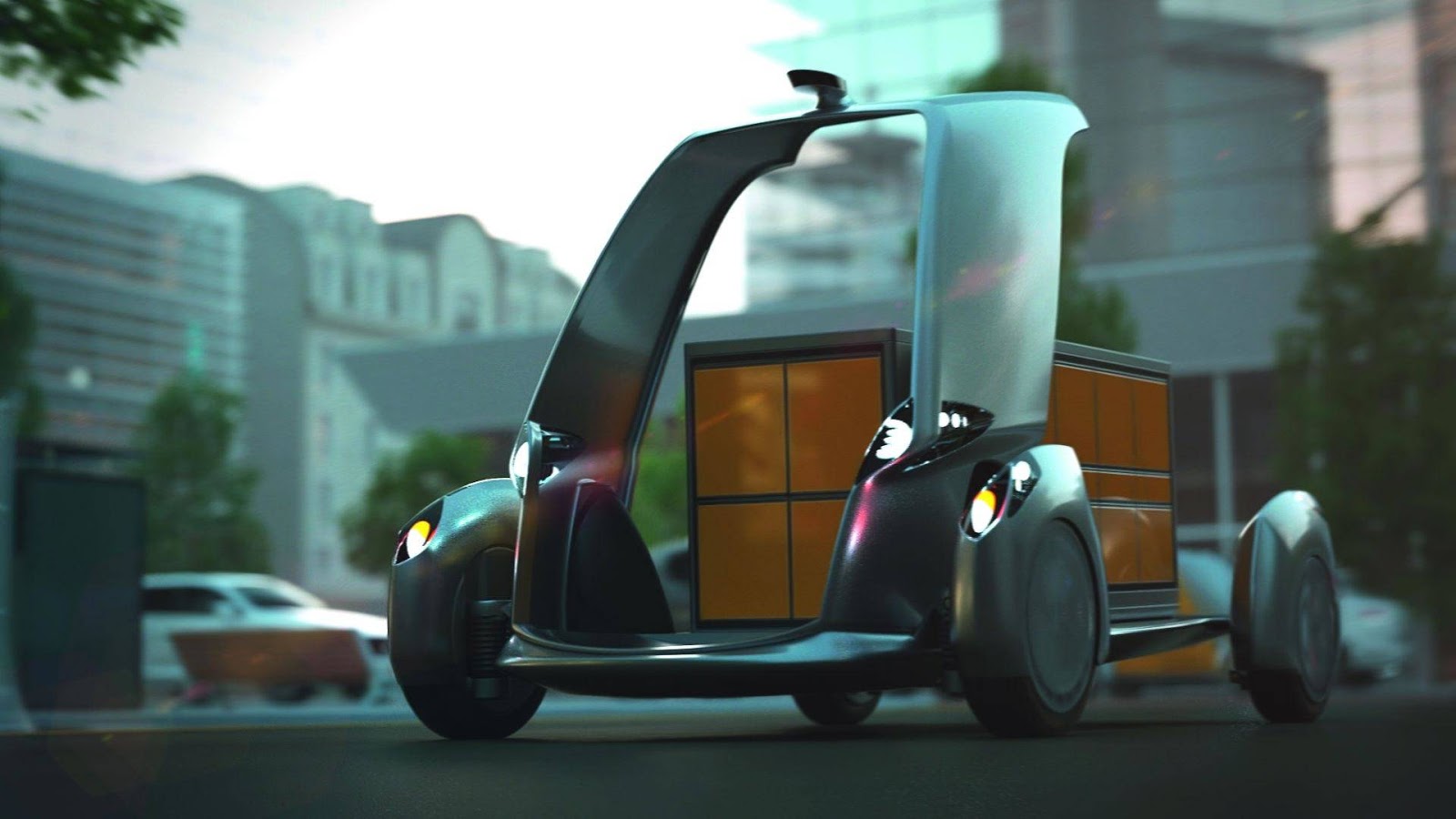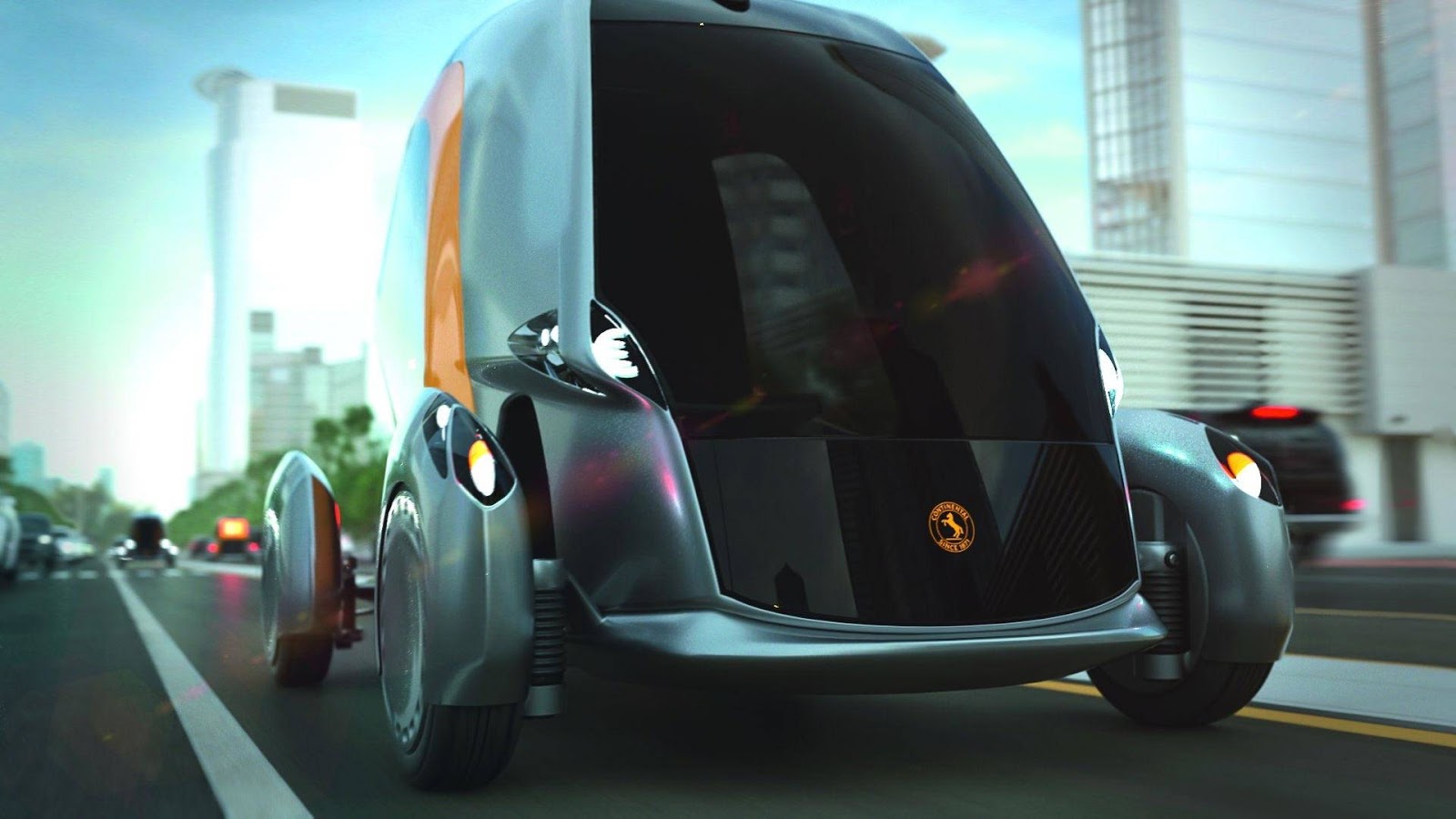The boss of Continental’s self-driving division doesn’t think we will see fully-autonomous vehicles that can handle all driving conditions until 2030 – at the earliest.
Speaking at Continental AG’s recent Tech Show in Hanover, Germany, Andree Hohm said that low-speed urban settings will be ground zero for autonomous driving as car manufacturers and technology companies continue to perfect self-driving vehicles in more difficult and higher-speed driving scenarios, Auto News reports.
“People always ask me when driverless vehicles will be on the road and I tell them the answer is ‘today.’ If you have a very specific application area, for example like a private road, and want to travel at low velocity, you can buy such a vehicle,” Hohm explained.
Also Read: Continental Develops 48-Volt Hybrid System With 30kW Electric Motor
However, he also pinpointed three factors that need to be overcome before self-driving cars become mainstream and start replacing privately-owned vehicles.
The first issue is the technology of such systems. While they’re exceptionally advanced in their current state, they need to be improved “to cover all situations because there’s no driver as a fallback option.”
In addition, companies must overcome regulatory hurdles. There is no unified framework for the testing and implementation of self-driving vehicles making it hard for developers to create systems that could be approved in multiple markets.
“This is a very challenging scenario, because if we’re going to invest a lot of money we have to be sure that the solutions we create fit a wide variety of countries,” Hohm said.
Last, but not least, is the challenge of convincing consumers about the safety aspects of autonomous vehicles.
“It still sounds a little bit creepy, if you think about it — going into a car where there is no one at the steering wheel,” he said. “This is for us a clear signal that we have to introduce those functionalities step by step. We need to clearly show what we are introducing. We need to involve people in pilot projects, so they can actually experience how exciting the technology is.”






